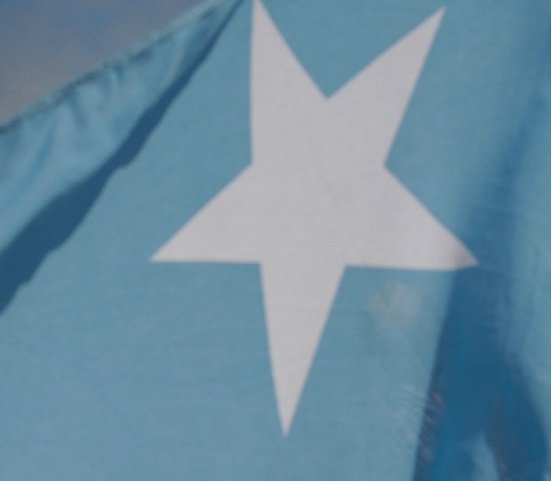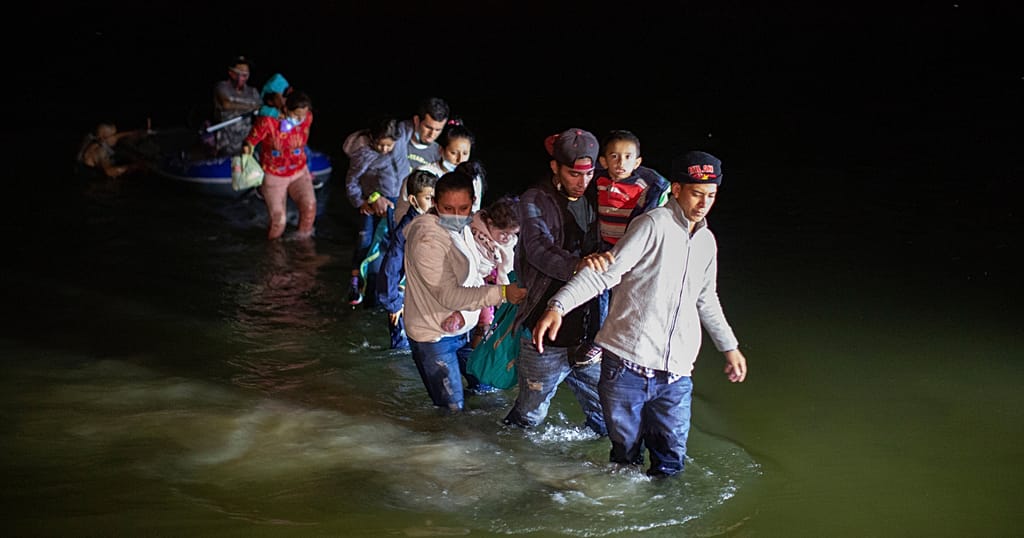Rédaction Africa Links 24 with Abdelh
Published on 2024-04-07 20:25:51
In the realm of nature, change is inevitable and nothing lasts forever. Nations are faced with challenges that are often met with either the wise decisions of statesmen or the desperate actions of the masses. The consequences of these choices shape the future of nations and their societies. Some nations falter due to the lack of wise leadership, while others thrive on the wisdom of their past and present leaders.
In Somalia, beyond the political turmoil and constitutional crises, there are deep-seated social issues that are causing unrest among the population. Decades of statelessness have led to a sense of despair and fatigue within Somali society, with no clear path forward. Four key background conditions are contributing to this social unrest and have resulted in some alarming trends.
The “Somali Vehicle Theory” helps to understand the unique history of Somali society. This theory identifies four key components – Islam, living space, nature, and anti-Ethiopianism – as integral to the Somali identity. Islam and living space are highly valued, while nature and the Ethiopian factor are seen as threats. These components have shaped Somali history for centuries and continue to influence societal behavior.
However, since the collapse of the Somali state, these key components have come under threat. Islam, the most cherished aspect of Somali identity, has been infiltrated by extremist ideologies like Salafism and groups like Al Shabaab. This extremist group has caused immense harm to Somali society, restricting education, extorting taxes, and resorting to violence. Their actions have stalled the country’s economic development and tarnished the reputation of Somalis globally.
The living space of Somalis, once expansive and proud, is now shrinking due to external pressures, particularly from Ethiopia. These challenges, coupled with the threat of Al Shabaab, have created a sense of uncertainty and fear within Somali society. The actions of Al Shabaab, from violence to forced marriages, have contradicted traditional Somali customs and values, leading to further social decay.
The presence of Al Shabaab has not only impacted Somalia but has also subjected Somalis to ethnic profiling and economic sanctions. The group’s activities have hindered the country’s progress and left a generation of young Somalis vulnerable to exploitation and violence. Somali society is facing one of its greatest challenges, with Al Shabaab representing a menace worse than colonialism.
Despite these challenges, there is hope for a better future. By addressing the root causes of social unrest and working towards unity and progress, Somali society can overcome these obstacles. With the right leadership and a collective effort, Somalia can reclaim its identity and build a brighter tomorrow for its people. The resilience and strength of the Somali people will be crucial in navigating these turbulent times and creating a more stable and prosperous society.
Read the original article on Wardheer News



